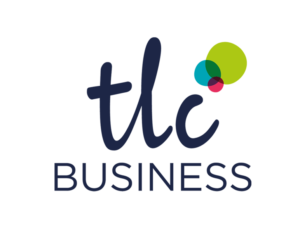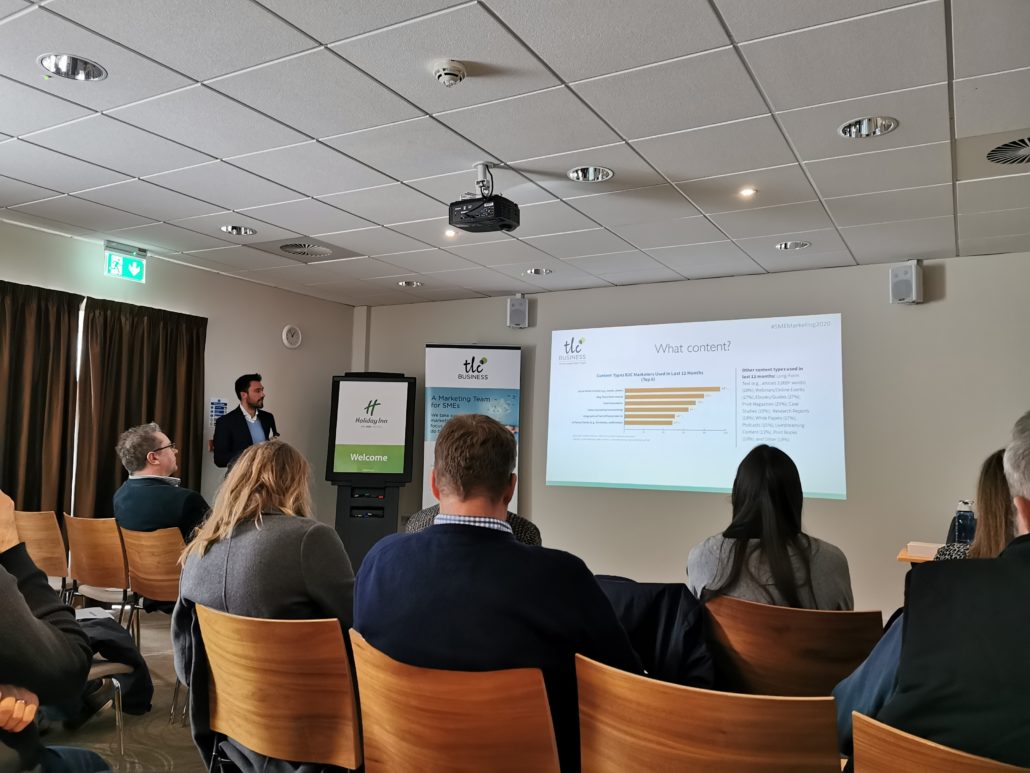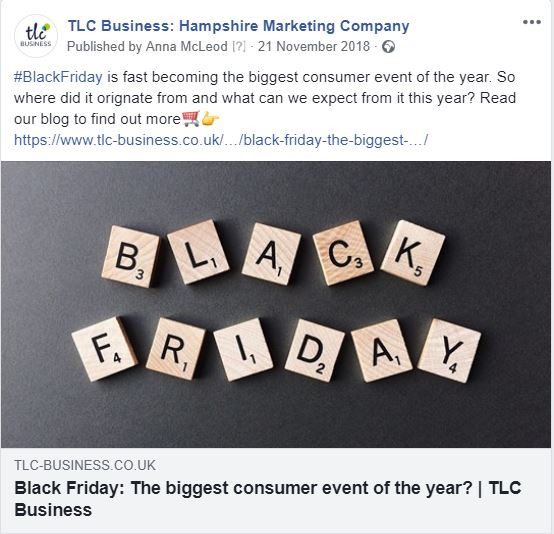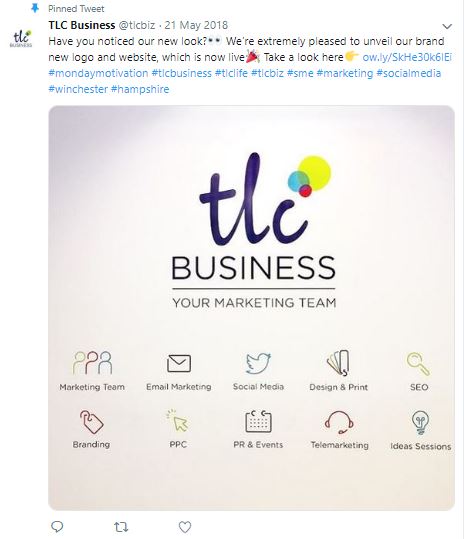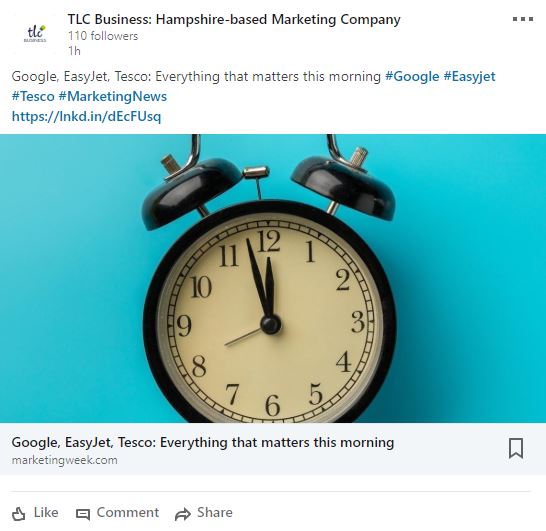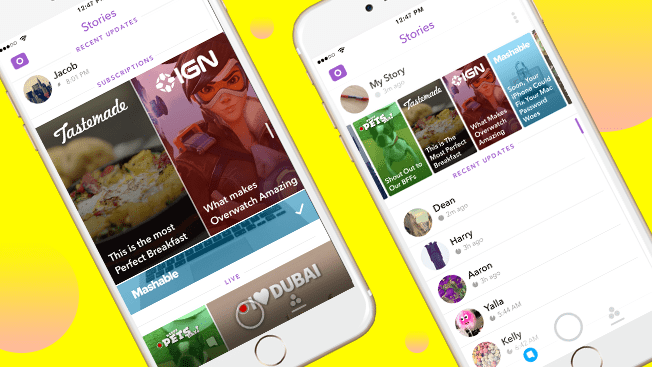Unlocking success: How social media marketing transforms your business
In today’s digital age, social media marketing isn’t just an option—it’s a necessity. With billions of active users across various platforms, social media offers an unparalleled opportunity to connect with your audience, build brand awareness, and drive business growth.
The power of social media marketing
1. Unmatched reach and engagement
Social media platforms like Facebook, Instagram, Twitter and LinkedIn boast billions of users combined. This massive audience means your brand can reach potential customers like never before. But it’s not just about the numbers. Social media allows for direct engagement with your audience through comments, shares, and likes, fostering a sense of community and loyalty around your brand.

2. Targeted advertising
One of the most powerful aspects of social media marketing is the ability to target specific demographics with precision. Whether it’s age, location, interests, or behaviours, social media platforms provide detailed targeting options. This ensures that your ads reach the right people, maximising your return on investment.
3. Cost-effective marketing
Compared to traditional marketing methods, social media marketing is incredibly cost-effective. Setting up a profile is free, and even paid advertising options are relatively affordable. This makes social media an ideal platform for businesses of all sizes to promote their products or services without breaking the bank.
4. Real-time analytics and adjustments
Social media platforms offer robust analytics tools that provide insights into your marketing campaigns. You can track engagement rates, click-through rates, and conversion rates in real-time. This data allows you to make informed decisions and adjust your strategies on the fly to optimise performance.

Crafting a winning social media strategy
1. Define your goals
Start by defining what you want to achieve with your social media marketing. Are you looking to increase brand awareness, drive website traffic, generate leads, or boost sales? Clear goals will guide your strategy and help you measure success.
2. Know your audience
Understanding your target audience is crucial. Conduct market research to identify your audience’s demographics, interests, and online behaviours. This information will help you create content that resonates with them and choose the right platforms to reach them.
3. Create engaging content
Content is king in the realm of social media. Develop a content strategy that includes a mix of informative, entertaining, and promotional posts. High-quality visuals, compelling stories, and interactive content like polls, surveys and quizzes can significantly boost engagement.

4. Use paid advertising
While organic reach is valuable, leveraging paid advertising can amplify your efforts. Invest in social media ads to target specific demographics and reach a larger audience. Experiment with different ad formats like carousel ads, video ads, and sponsored posts to see what works best for your brand.
5. Engage and interact
Social media is a two-way street. Don’t just post content—engage with your audience. Respond to comments, participate in discussions, and show appreciation for user-generated content. This interaction builds a loyal community and humanises your brand.

6. Monitor and adjust
Regularly review your social media performance using analytics tools. Track key metrics like engagement rates, follower growth, and conversion rates. Use this data to refine your strategy, focusing on what works and discarding what doesn’t.
Social media marketing is a dynamic and powerful tool for businesses looking to grow their online presence and connect with their audience. By being adaptable and understanding what works best, you can unlock unparalleled success for your business.
Ready to transform your business with social media marketing? For a free virtual marketing ideas session with social media marketing experts, call us on 01962 600 147 or email info@tlc-business.co.uk
